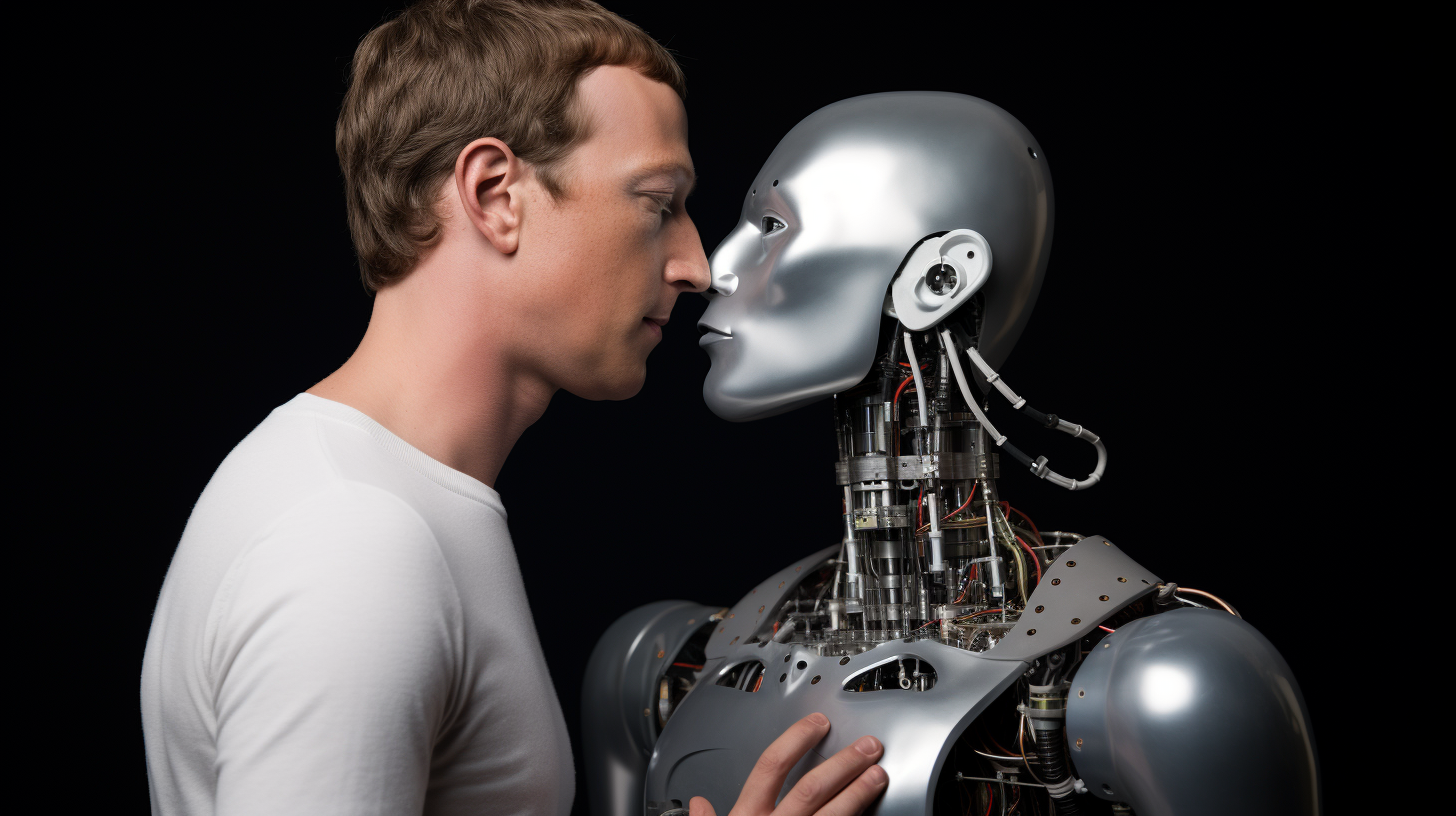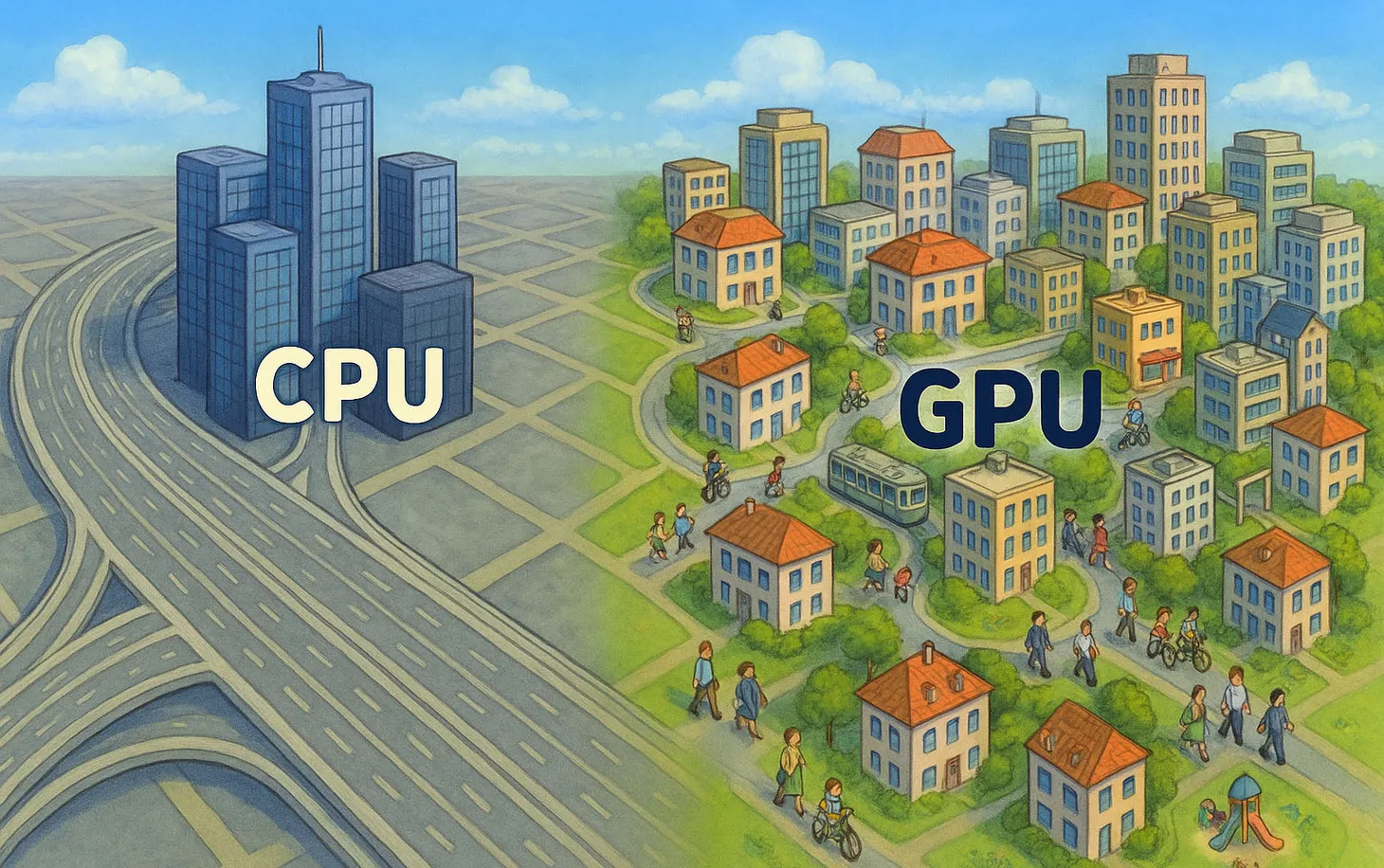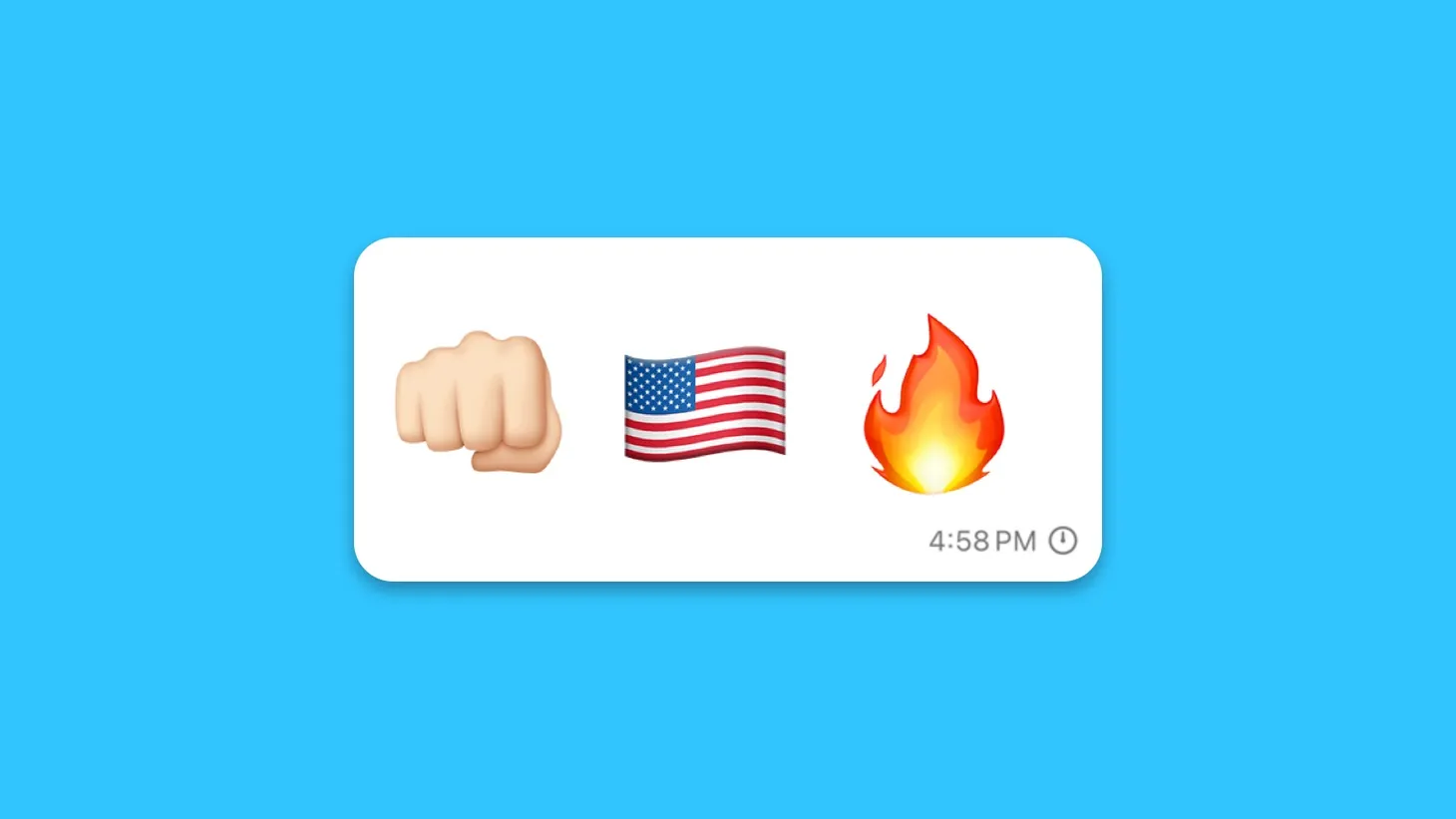Who Gains From AI?
How will recent innovations impact jobs and corporations? Meta's earning call offers some hints.

"A lot of people working on AI pretend that it's only going to be good; it's only going to be a supplement; no one is ever going to be replaced," Sam Altman, the CEO of OpenAI, told The Atlantic. But in reality, he believes "Jobs are definitely going to go away."
How many jobs? At what type of companies? How soon?
There are plenty of reports with projections and analyses. And there are no definitive answers. But recent comments from Mark Zuckerberg and data from Meta's Q2 earnings offer four insights.
1. AI is good for incumbents; for now
Meta had a great quarter. Revenue and expenses grew by 11% and 10%, respectively. There aren't many trillion-dollar companies, and even fewer that achieve double-digit growth. AI was a significant factor in driving this growth, according to CEO Mark Zuckerberg:
AI-recommended content from accounts you don’t follow is now the fastest growing category of content on Facebook’s feed. Since introducing these recommendations, they have driven a 7% increase in overall time spent on the platform. This improves the experience because you can now discover things that you might not have otherwise followed or come across.
AI makes Meta's Facebook, Instagram, and Threads feeds more compelling and engaging for users. They also help the company's paying customers generate better ads:
AI is driving results across our monetization tools through our automated ads products, which we call Meta Advantage. Almost all our advertisers are using at least one of our AI-driven products. We’ve also deployed Meta Lattice, a new model architecture that learns to predict an ad’s performance across a variety of datasets and optimization goals. And we introduced AI Sandbox, a testing playground for generative AI-powered tools like automatic text variation, background generation, and image outcropping.
The upshot is that large companies can use AI to turbocharge their existing business. Of course, few companies have Meta's infrastructure and research capabilities or a fully digital business that can be upgraded on the fly. Still, the ease and speed with which Meta integrated generative AI into its core business should inspire companies in other fields to incorporate such technologies more aggressively.
As an aside, Meta's improved feeds are more engaging, but they aren't necessarily better for society at large. Yes, people see more stuff that keeps them glued to their screens. But AI-powered feeds may be too compelling and entice people to spend (even) more time on content and people they don't really want to spend time on. As AI feeds become more engaging, more people will realize that the only way to socialize and consume content deliberately is to do so offline. I wrote about this last week.
2. AI is good for small businesses
The corollary to Meta's improved feeds and advertising products is that they give small businesses and individual advertisers the ability to reach new customers more effectively. As Zuckerberg describes it:
So some of the canonical examples of that are things like in advertising, helping advertisers basically run ads without needing to supply as much creative or if they have an image but it doesn’t fit the format, be able to fill in the image for them. So I talked about that a little bit upfront in my comments. But there’s stuff like that across every app.
But reaching new customers is only part of the story. AI also promises (and is starting to deliver) new ways of interacting with customers:
We're also building a number of new products ourselves using Llama (Meta's home-grown AI model) that will work across our services... you can imagine lots of ways AI could help people connect and express themselves in our apps: ...agents that act as assistants, coaches, or that can help you interact with businesses and creators, and more.
Zuck expanded on the role of "agents" later in the call:
...the one that I think is going to have the fastest direct business loop is going to be around helping people interact with businesses. You can imagine a world on this where over time, every business has as an AI agent that basically people can message and interact with. And it's going to take some time to get there, right? I mean, this is going to be a long road to build that out. But I think that, that's going to improve a lot of the interactions that people have with businesses as well as if that does work, it should alleviate one of the biggest issues that we're currently having around messaging monetization is that in order to -- for a person to interact with a business, it's quite human labor-intensive for a person to be on the other side of that interaction, which is one of the reasons why we've seen this take off in some countries where the cost of labor is relatively low. But you can imagine in a world where every business has an AI agent, that we can see the kind of success that we're seeing in Thailand or Vietnam with business messaging could kind of spread everywhere. And I think that's quite exciting.
Meta already sees human chat agents as a key channel for conversions in Thailand and Vietnam, where labor is relatively cheap. The plan is to use AI to bring the same chat-based service to other markets — markets where it would be too costly to employ humans to spend minutes or hours chatting with customers to sell them products.
The potential here is not just to make human-like service cheap. But to turn "conversations" into a new type of advertising product. As Ben Thompson points out:
Meta’s most successful advertising products, like e-commerce and app installs, are fully scalable: e-commerce happens on a website (or on a Facebook Shop), while app installs happen via app stores; neither entail the involvement of a human, at least at the point of conversion. This is an essential component as to why impressions are more important that price-per-ad. Click-to-message ads, though, are fundamentally limited by the number of humans with whom you can chat; using AI as the agent, though, makes this product just as scalable as e-commerce and app installs.
At the moment, "conversations" are a bottleneck. A business can use ads to generate plenty of leads, but ultimately, humans must follow up with those leads to convert them. With AI agents, these leads could be followed-up with and closed automatically. Facebook plans to give every small business (or even individual creator) the firepower of a scalable sales team that can talk to potential customers, engage them, and convert them.
3. AI is good for big (and medium) tech
Beyond the benefits for large incumbents and small businesses, AI offers particular advantages for tech companies. As Zuck puts it:
...the third category of things [in addition to AI agents and generative content]... are broadly focused on productivity and efficiency internally. So everything from helping engineers write code faster to helping people internally understand the overall knowledge base at the company and things like that. So there’s a lot to do on each of those zones.
So far, AI's most significant productivity impact has been on software developers leveraging tools such as copilot to write faster and better code. Note that the advantages from this will likely accrue to tech companies rather than tech employees. The gods do not distribute the fruits of technology equally. As I pointed out in Is Your Job Safe?:
AI enables a single person with an idea to build software without knowing how to code. And, in many instances, even the code is no longer necessary. Humanity was granted a host of new superpowers. And everyone gets to play. For software, it's a new situation. But its implications are familiar. When Instagram enabled everyone to become a "pro photographer," the result was an explosion of new photographers and new businesses built on the back of popular Instagram feeds. Some photographers lost their jobs, but most of them and many others could suddenly make money from photography. And a tiny minority of Instagram "posters" became wealthier than any photographer ever was.
The same thing will happen with software. Millions of people will launch new apps and software-powered projects. Most of them will never make a buck. Some will suddenly make a living from "software" even though they can't code. And some will become wealthy beyond belief — as software eats even more of the world.
But in percentage terms, the number of "software developers" with stable jobs will decline. That means that if you're learning to code, you have fewer constraints, less occupational stability, and no floor underneath you. When software developers were scarce, it made sense for companies to pay ~all of them a relatively high salary. When everyone can build software, many average or less creative programmers will suddenly face intense competition. The prizes are getting bigger, but the odds of a high-paying outcome are lower.
4. The worst place to be is the middle
We've heard from Zuck that AI already benefits Meta's products and operations and empowers small businesses and individual creators. It's less clear what happens to everyone in between. Companies like Meta and Google plug AI into their existing businesses and make more money than ever. Meta and Google's customers can use new tools to punch above their weight and streamline their marketing and customer services. But what about medium-sized companies? They'll find themselves stuck between ever-powerful tech giants and an abundance of tiny-but-turbocharged new competitors. The situation is not hopeless, and many medium and even medium-large companies profit by relying on Meta and Google's services. It does, however, mean that businesses will increasingly divide into one of two groups: Platforms and everybody else. With, perhaps, a third group of infrastructure providers to the platforms.
The good news is that everything is in flux, so things might turn out very differently. I will keep you posted! In the meantime, you're welcome to join my upcoming Practical AI course.
Best,

💡Book a keynote presentation for your next offsite, event, or board meeting.
❤️ Share this email with a friend or colleague
Dror Poleg Newsletter
Join the newsletter to receive the latest updates in your inbox.




